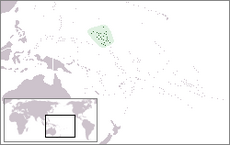
The member states of the United Nations comprise 193 sovereign states. The United Nations (UN) is the world's largest intergovernmental organization. All members have equal representation in the UN General Assembly.
A United Nations General Assembly resolution is a decision or declaration voted on by all member states of the United Nations in the General Assembly.

United Nations Security Council resolution 702, adopted without a vote on 8 August 1991, after examining separately the applications of the Democratic People's Republic of Korea and the Republic of Korea for membership in the United Nations, the Council recommended to the General Assembly that North Korea and South Korea be admitted.

United Nations Security Council resolution 703, adopted without a vote on 9 August 1991, after examining the application of the Federated States of Micronesia for membership in the United Nations, the Council recommended to the General Assembly that Micronesia be admitted.

United Nations Security Council resolution 709, adopted without a vote on 12 September 1991, after examining the application of the Republic of Estonia for membership in the United Nations, the Council recommended to the General Assembly that Estonia be admitted.
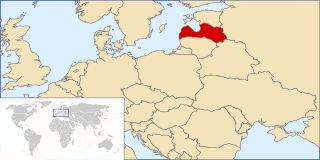
United Nations Security Council resolution 710, adopted without a vote on 12 September 1991, after examining the application of the Republic of Latvia for membership in the United Nations, the Council recommended to the General Assembly that Latvia be admitted.

United Nations Security Council resolution 711, adopted without a vote on 12 September 1991, after examining the application of the Republic of Lithuania for membership in the United Nations, the Council recommended to the General Assembly that Lithuania be admitted.
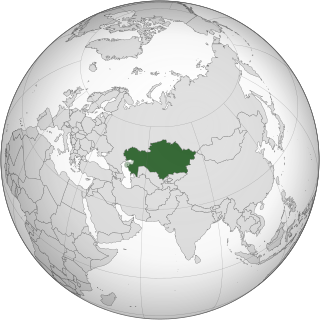
United Nations Security Council resolution 732, adopted without a vote on 23 January 1992, after examining the application of the Republic of Kazakhstan for membership in the United Nations, the Council recommended to the General Assembly that Kazakhstan be admitted.

United Nations Security Council resolution 739, adopted without a vote on 5 February 1992, after examining the application of the Republic of Moldova for membership in the United Nations, the Council recommended to the General Assembly that Moldova be admitted.
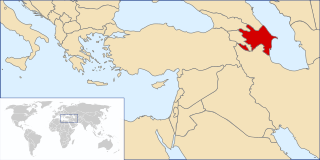
United Nations Security Council resolution 742, adopted without a vote on 14 February 1992, after examining the application of the Azerbaijani Republic for membership in the United Nations, the Council recommended to the General Assembly that Azerbaijan be admitted.

United Nations Security Council resolution 753, adopted without a vote on 18 May 1992, after examining the application of the Republic of Croatia for membership in the United Nations, the Council recommended to the General Assembly that Croatia be admitted. The recommendation came amid the breakup of Yugoslavia.

United Nations Security Council resolution 755, adopted without a vote on 20 May 1992, after examining the application of the Republic of Bosnia and Herzegovina for membership in the United Nations, the Council recommended to the General Assembly that Bosnia and Herzegovina be admitted. The recommendation came amid the breakup of Yugoslavia.
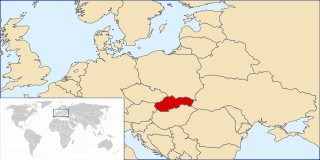
United Nations Security Council resolution 800, adopted without a vote on 8 January 1993, after examining the application of the Slovak Republic for membership in the United Nations, the Council recommended to the General Assembly that Slovakia be admitted.
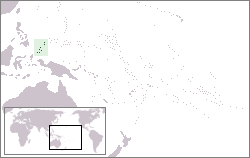
United Nations Security Council resolution 963, adopted unanimously on 29 November 1994, after examining the application of the Republic of Palau for membership in the United Nations, the Council recommended to the General Assembly that Palau be admitted.
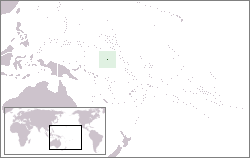
United Nations Security Council resolution 1249, adopted on 25 June 1999, after examining the application of the Republic of Nauru for membership in the United Nations, the Council recommended to the General Assembly that Nauru be admitted, bringing total membership of the United Nations to 187.
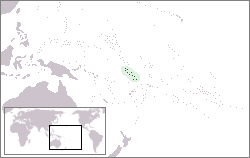
United Nations Security Council resolution 1290 was adopted on 17 February 2000. Resolution 1290 examined Tuvalu's application to become the 189th member of the United Nations (UN). Tuvalu achieved independence in 1978 after over eighty years of British colonial rule. The country had struggled economically, and it took the 2000 sale of Tuvalu's Internet country code top-level domain .tv for the nation to be able to afford UN membership. Resolution 1290 was adopted unopposed, although China abstained due to concerns over Tuvalu's relationship with Taiwan.

United Nations Security Council resolution 1414, adopted without a vote on 23 May 2002, after examining the application of the Democratic Republic of East Timor (Timor-Leste) for membership in the United Nations, the Council recommended to the General Assembly that East Timor be admitted.

The Republic of Korea and the Democratic People's Republic of Korea were simultaneously admitted to the United Nations (UN) in 1991. On 8 August 1991, the UN Security Council passed Resolution 702, recommending both states to the General Assembly for membership. On 17 September 1991, the General Assembly admitted both countries under Resolution 46/1.
Serbia joined the United Nations on November 1, 2000, as the Federal Republic of Yugoslavia. The previous Yugoslav state was one of the original 51 member states of the United Nations.

Democratic Federal Yugoslavia was a charter member of the United Nations from its establishment in 1945 as the Socialist Federal Republic of Yugoslavia until 1992 during the Yugoslav Wars. During its existence the country played a prominent role in the promotion of multilateralism and narrowing of the Cold War divisions in which various UN bodies were perceived as important vehicles. Yugoslavia was elected a non-permanent member of the United Nations Security Council on multiple occasions in periods between 1950 and 1951, 1956, 1972–1973, and 1988–1989, which was in total 7 years of Yugoslav membership in the organization. The country was also one of 17 original members of the Special Committee on Decolonization.
